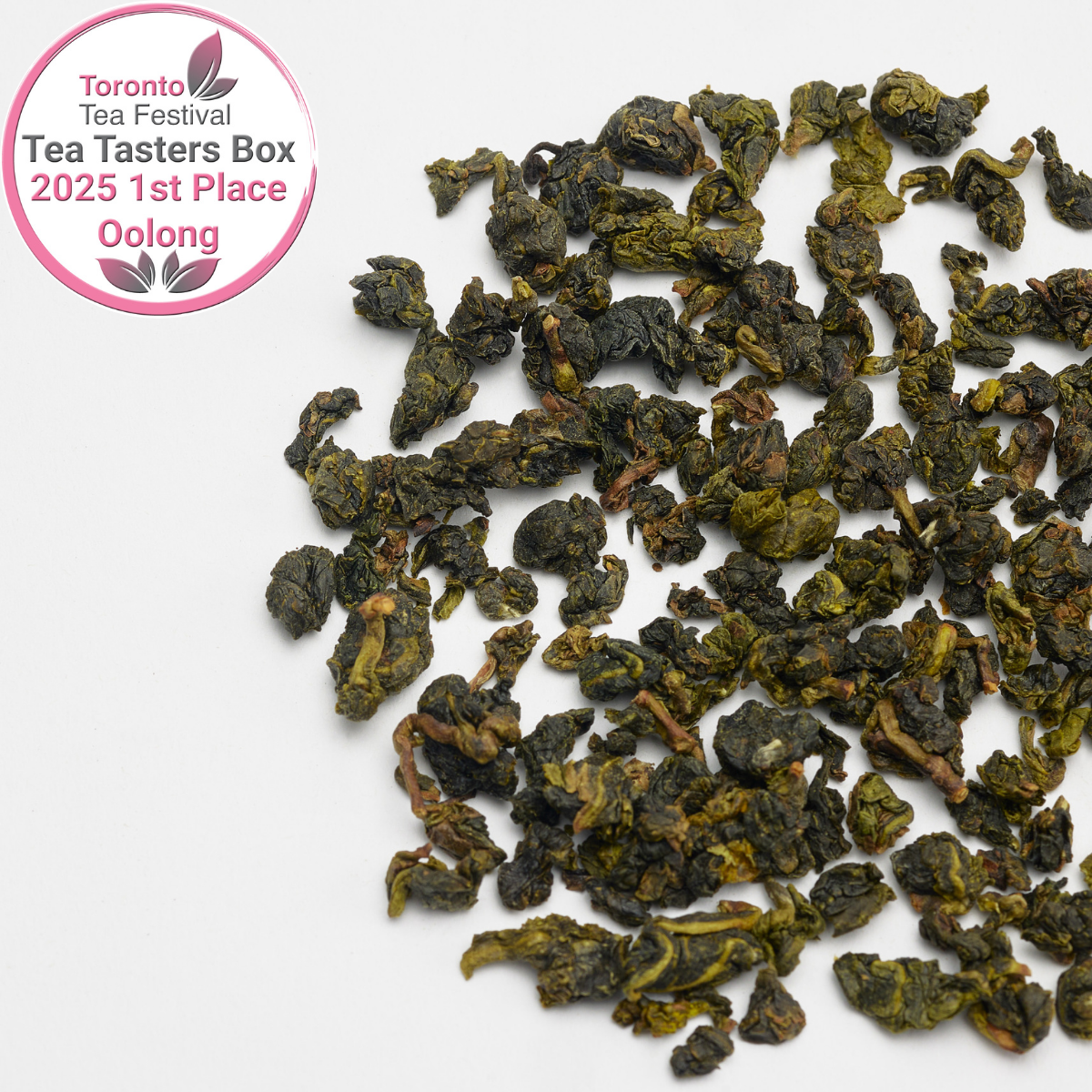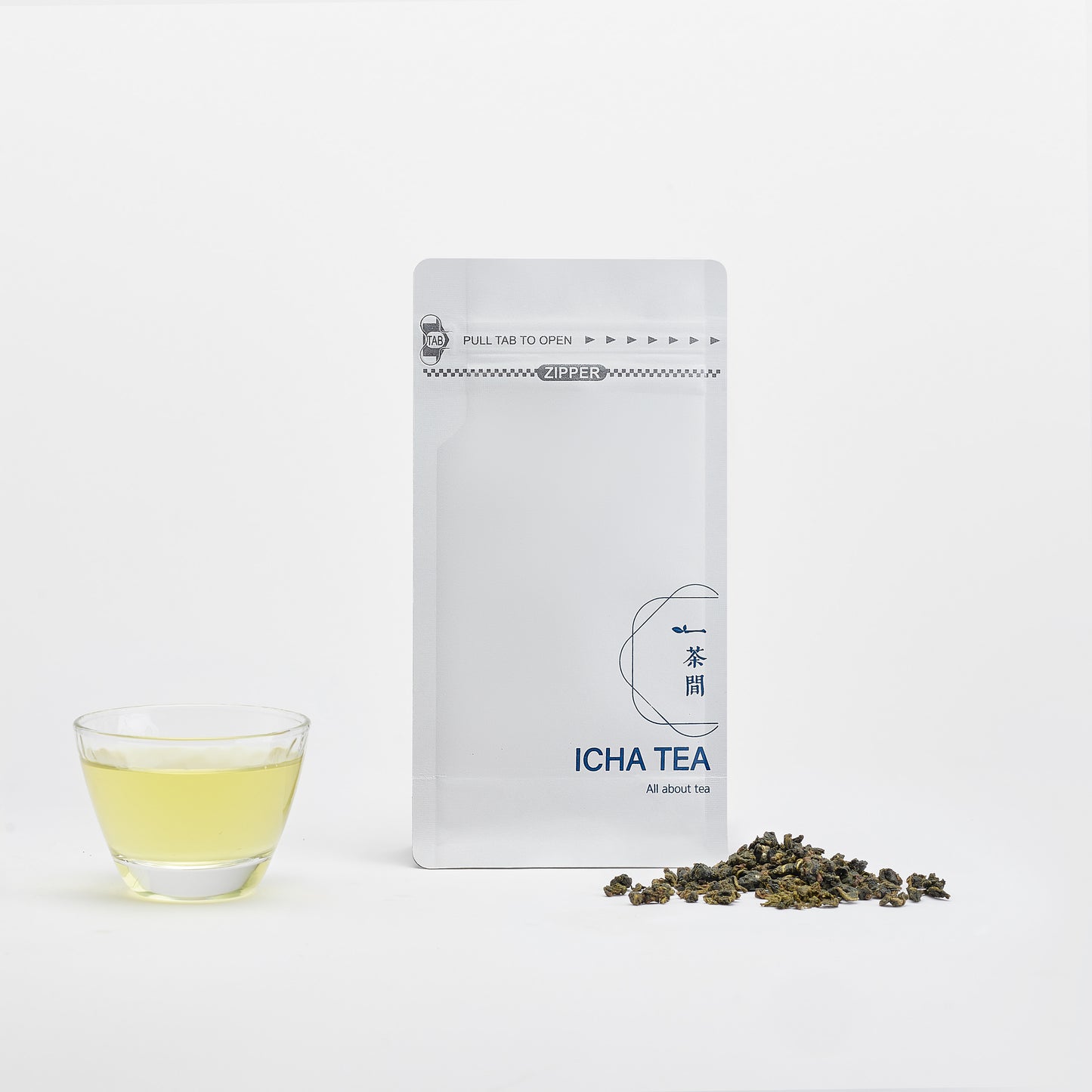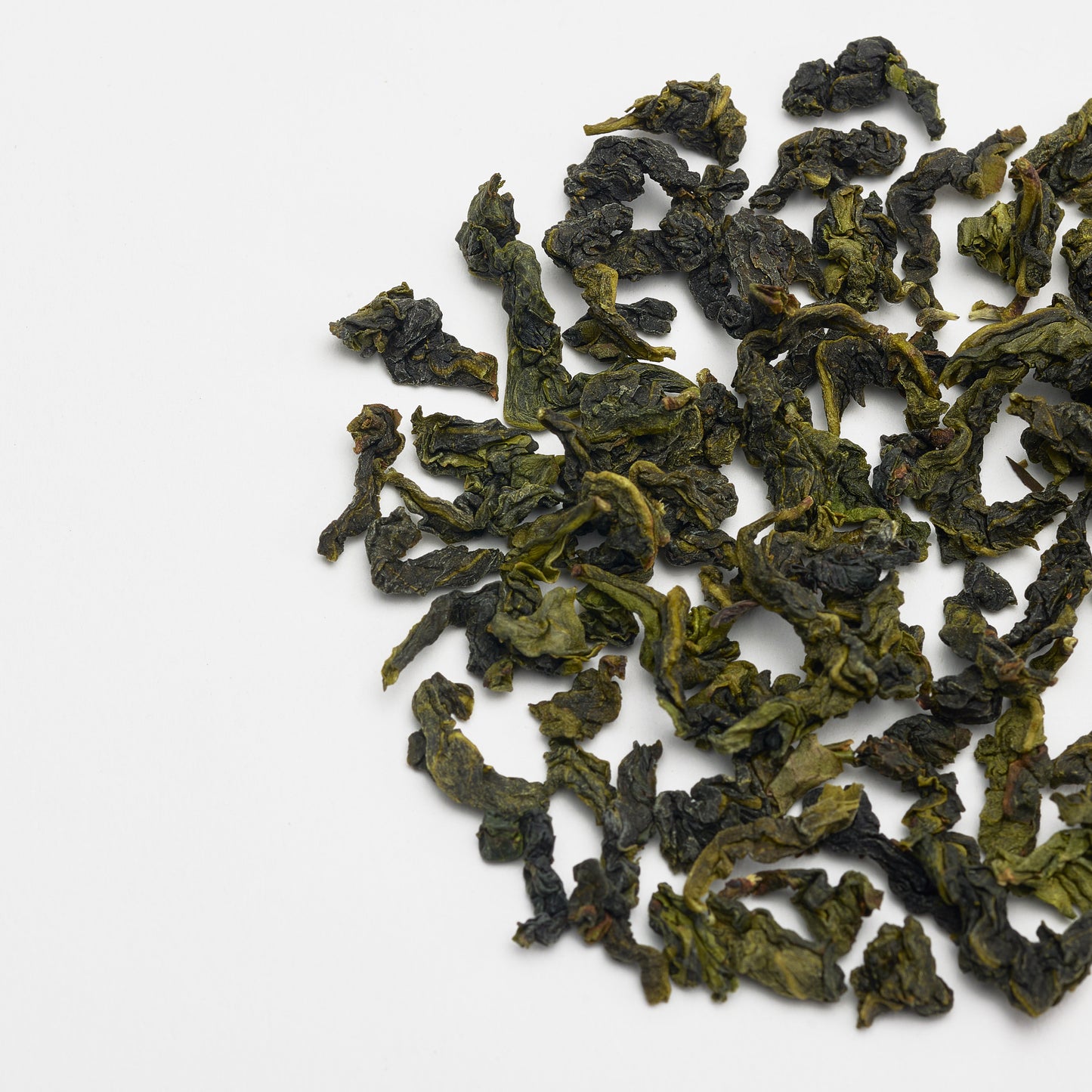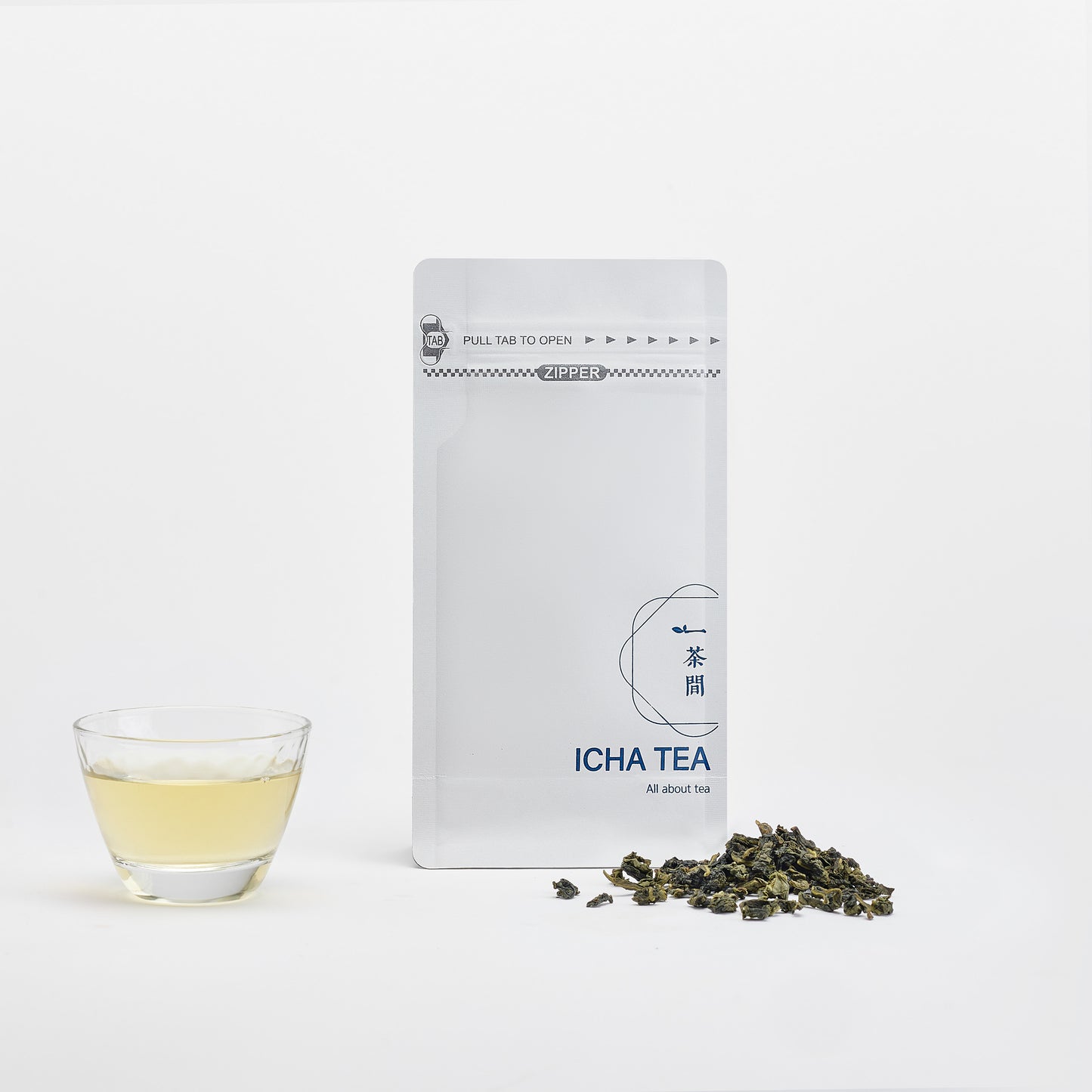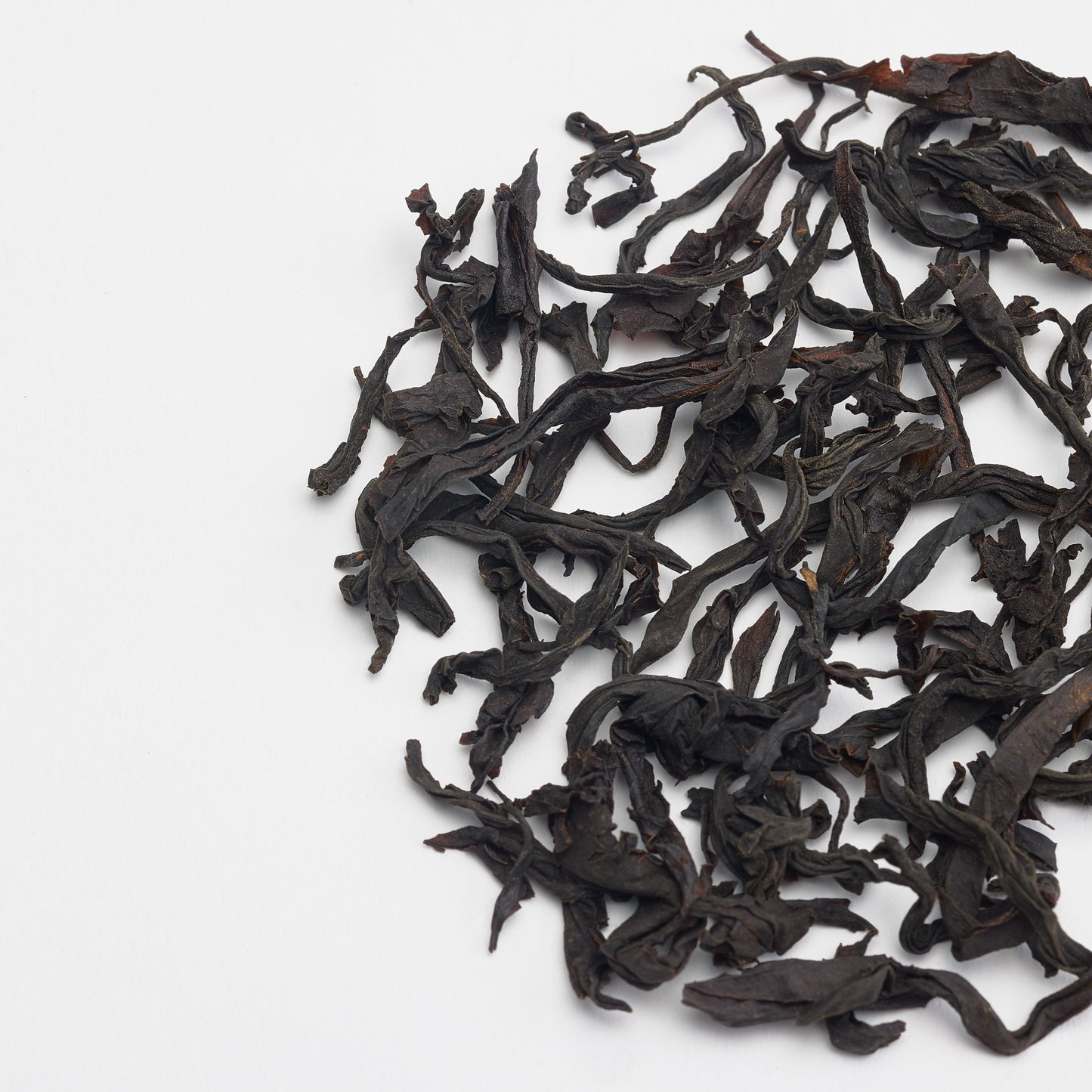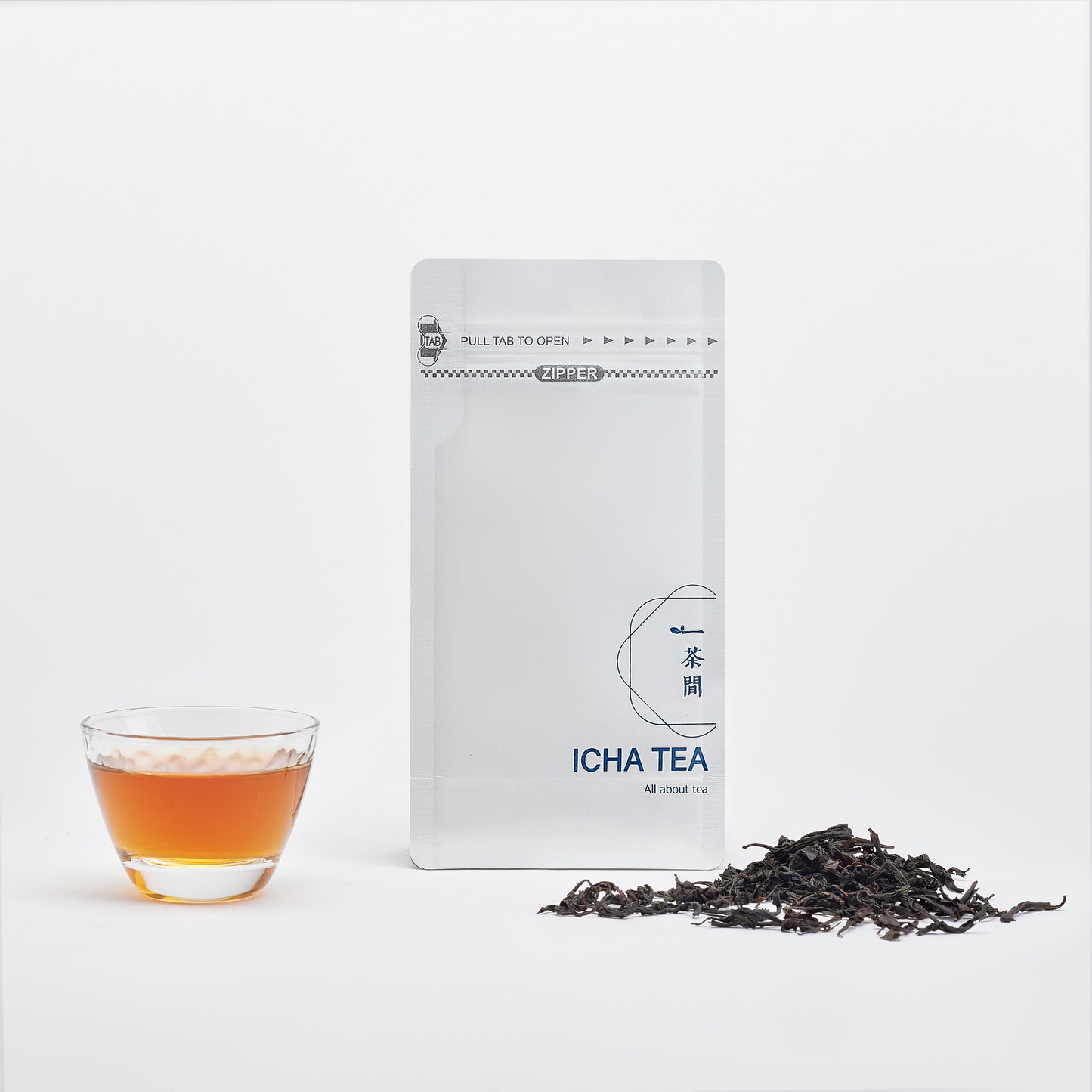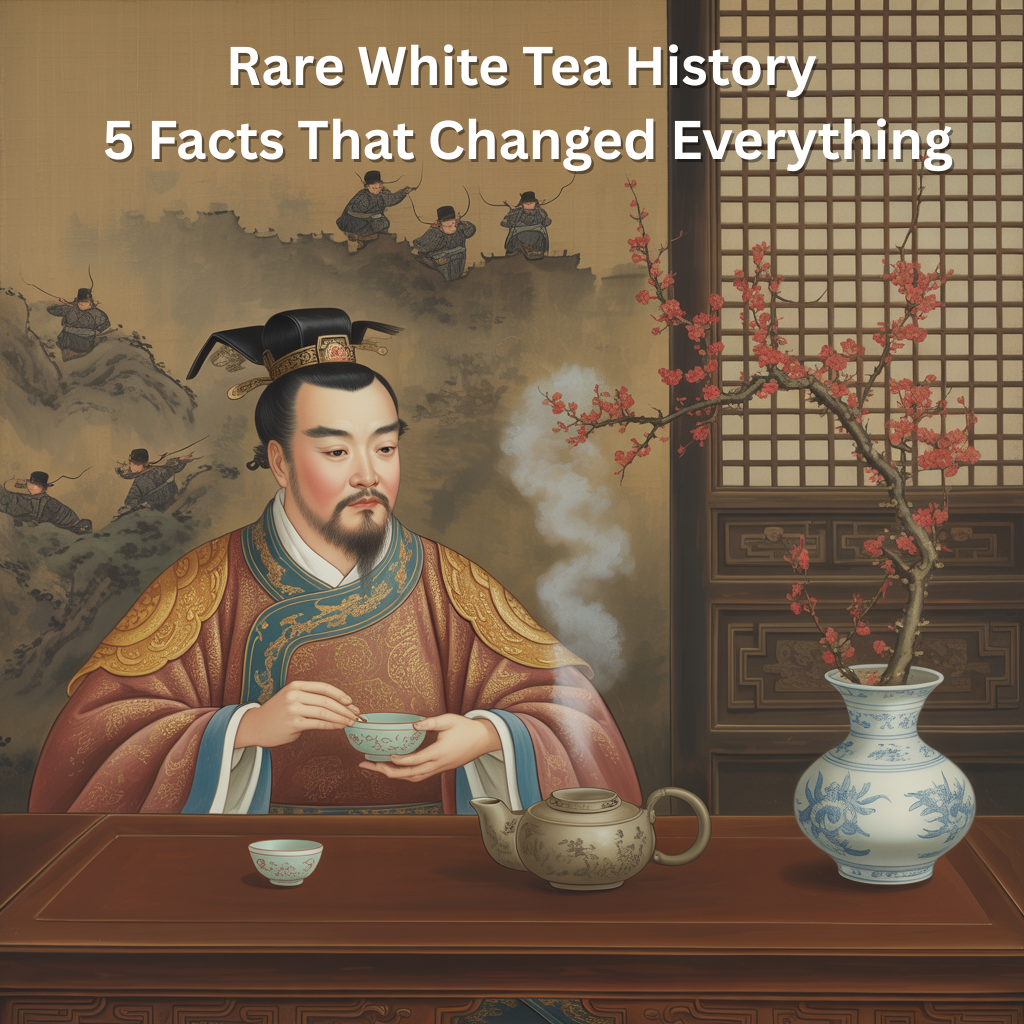
Picture this: An emperor so obsessed with perfecting his tea that he lost his entire kingdom. A single decree that took 150 years to transform global tea production. Archaeological discoveries that rewrote 3,000 years of history. These aren't fairy tales! They're the untold stories of white tea that you probably have never heard about.
White tea might seem like the delicate, subtle sibling in the tea family, but its history tells a different story. Behind those silvery buds lies a beverage so powerful it toppled dynasties, created social revolutions, and established trade routes that shaped civilizations. Let's dive into five extraordinary historical facts and stories about white tea that transform our knowledge about this ancient beverage.
1. The Emperor Who Lost His Empire Over Tea Obsession
Emperor Huizong of the Song Dynasty (1101-1125) wasn't just a tea enthusiast, he was history's most tragic tea addict. In 1107, this cultured ruler wrote the "Da Guan Cha Lun" (Treatise on Tea), becoming the first emperor to personally document white tea preparation techniques¹. But his dedication went far beyond writing.
Huizong spent countless hours perfecting the seven-boil brewing method and hosting elaborate tea competitions where courtiers competed to produce the whitest foam. He was known to prepare his own tea by hand. This was something no emperor before or after him ever did². The emperor believed tea provided a refuge from worldly cares, yet ironically, his obsession with achieving tea perfection led him to neglect the very empire he was meant to protect.
The consequences were catastrophic. While Huizong focused on tea ceremonies, the Jin dynasty forces marched south. In 1127, during what historians call the Jingkang Incident, enemy troops captured the tea-obsessed emperor. He died in captivity in 1135, having lost everything to his beverage passion³. A Chinese folk saying emerged from this tragedy: "Even emperors can lose kingdoms over tea."
2. The Revolutionary Decree That Created Modern White Tea
In 1391, a former peasant turned emperor changed the course of tea history forever. Emperor Hongwu of the Ming Dynasty, who had experienced poverty as a tenant farmer and Buddhist monk, issued a decree that would take 150 years to fully transform the tea industry⁴.
His imperial order, titled "Abolishing Tea Cakes and Switching to Tribute Leaf Tea," banned the thousand-year-old tradition of compressed tea cakes. The emperor's reasoning was surprisingly progressive: he declared that cake tea production was "overtaxing the people's strength"⁵. Having lived among common people, Hongwu understood the backbreaking labour required to produce elaborate tea cakes for the imperial court.
This wasn't just a minor policy change. It was a revolution! Tea producers, especially in Fujian province, had to completely reimagine their craft. The decree forced them to develop new processing methods for loose-leaf tea, ultimately leading to the creation of white, oolong, and black teas as we know them today⁶.
The transformation didn't happen overnight. It took nearly 150 years for modern white tea production techniques to fully emerge. Producers had to experiment with withering and drying methods that would preserve the delicate flavours without the pressing and steaming used for cakes. This makes Hongwu's decree one of the longest-lasting regulatory changes in beverage history. A single law that reshaped an entire industry for centuries.
3. The 3,000-Year Archaeological Mystery That Rewrote Tea History
Everything we thought we knew about tea's origins changed in 2016. Archaeologists excavating the Han Yangling Mausoleum near Xi'an made a discovery that pushed back the history of tea by centuries and suggested white tea might be humanity's oldest tea preparation method⁷.
The team found physical tea remains in the tomb of Emperor Jing of Han, who died in 141 BCE. Using mass spectrometry, researchers identified unmistakable traces of caffeine and theanine, confirming these were genuine tea leaves⁸. But here's what made this discovery revolutionary: the leaves had been air-dried and mixed with herbs, using a processing method that mirrors modern white tea production more closely than any other tea type⁹.
This pushes back the earliest physical evidence of tea consumption by over 300 years, predating all written records. More significantly, it suggests that white tea's minimal processing, simply withering and drying, may represent the most ancient form of tea preparation. It potentially dates back over 3,000 years.
The discovery also revealed that Han dynasty emperors were already sophisticated tea drinkers over 2,100 years ago, with Emperor Jing specifically choosing high-quality tea buds for his eternal journey. This archaeological evidence transforms our understanding of tea's role in ancient Chinese civilization.
4. The Mystical Aging Belief That Made White Tea Sacred
Unlike any other tea, white tea developed a unique cultural belief system around transformational aging. Ancient Chinese texts established a principle exclusive to white tea: "It is tea in the first year, medicine after three years, and a treasure after seven years"¹⁰.
This wasn't just folk wisdom. It became the foundation of an entire cultural practice. While other teas were consumed fresh, white tea was intentionally aged with special storage ceremonies. Traditional Chinese Medicine classified aged white tea as having superior healing properties that actually improved over time, developing stronger medicinal qualities through the aging process¹¹.
The belief system created the world's first intentionally aged tea culture, predating the aged pu-erh tradition by centuries. Families would store white tea as heirlooms, passing down aged cakes through generations. These teas became so valuable they were used as dowries and considered more precious than gold or silver.
What's fascinating is that modern science is beginning to validate some of these ancient beliefs. Recent studies show that white tea's polyphenol content and antioxidant properties do evolve during aging, potentially enhancing certain health benefits¹². The ancients may have been onto something after all.
5. The World War I Golden Age That Revolutionized Marriage
The most unexpected chapter in white tea history occurred during World War I (1914-1918). As global conflicts disrupted traditional tea trade routes, white tea experienced an unprecedented boom that literally changed how people chose their spouses.
When black tea markets collapsed due to wartime disruptions, white tea quickly filled the export gap. By 1924, Silver Needle white tea was commanding astronomical prices—6,520 silver dollars per ton in European markets. To put this in perspective, this made white tea producers wealthy overnight, creating a new social class in Fujian province.
The economic transformation was so dramatic that it revolutionized local marriage customs. A saying emerged in Fujian: "Marrying a girl does not admire a rich man, but only asks about tea and silver needles." Families began evaluating potential daughters-in-law based on their tea-making skills rather than traditional markers like wealth or beauty¹³.
This social revolution lasted well into the 1920s. Young women's marriage prospects depended on their ability to process white tea, and successful tea-making families became the most sought-after marriage partners. It's perhaps the only time in history when a beverage fundamentally altered marriage customs and social hierarchies for an entire region.
The Legacy Lives On
These five stories reveal white tea as more than just a delicate beverage but also a cultural force that has shaped dynasties, driven innovation, and transformed societies. From Emperor Huizong's tragic obsession to the marriage revolutions of the 1920s, white tea has left an indelible mark on human history.
These stories offer compelling narratives that position white tea not just as a premium product but as a drink with unparalleled historical significance. When someone sips that pale, sweet liquor, they're tasting 3,000 years of drama, revolution, and transformation.
The next time you hold those silver needles, remember you're not just holding tea. You're holding the power to topple empires, the wisdom of ancient medicines, and the dreams of young women whose futures once depended on perfecting those very leaves. A gentle appearance hides revolutionary power. Thanks for reading!
You might be interested in these articles:
- How Is White Tea Made? A Look at the Production Process
- White Tea Caffeine Content - The Surprising Truth
- Side Effects from Drinking Tea - What You Need To Know
- What Are The Differences Between White Tea and Green Tea?
- Browse historic Chinese white teas here
References
- Wikipedia. "Grand Treatise on Tea." Accessed 2025. https://en.wikipedia.org/wiki/Treatise_on_Tea
- Global Tea Hut Archive. "April 2016 Issue - Tea Emperor." Accessed 2025. https://archive.globalteahut.org/article/691
- Wikipedia. "Emperor Huizong of Song." Accessed 2025. https://en.wikipedia.org/wiki/Emperor_Huizong_of_Song
- Global Tea Hut Archive. "April 2017 Issue - Emperor Ming Taizu & The Abolition of Caked Tea." Accessed 2025. https://archive.globalteahut.org/article/880
- Wikipedia. "Chinese tea culture." Accessed 2025. https://en.wikipedia.org/wiki/Chinese_tea_culture
- Tsiosophy. "The Abolition of Caked Tea by Imperial Decree." December 24, 2016. https://www.tsiosophy.com/2014/12/abolition-caked-tea-imperial-decree/
- Smithsonian Magazine. "Archaeologists Find World's Oldest Tea in Tomb of Han Dynasty Emperor." January 12, 2016. https://www.smithsonianmag.com/smart-news/archaeologists-find-worlds-oldest-tea-tomb-han-dynasty-emperor-180957790/
- NPR. "World's Oldest Tea Discovered In An Ancient Chinese Emperor's Tomb." January 26, 2016. https://www.npr.org/sections/thesalt/2016/01/26/464437173/worlds-oldest-tea-discovered-in-an-ancient-chinese-emperors-tomb
- Scientific Reports. "Earliest tea as evidence for one branch of the Silk Road across the Tibetan Plateau." Nature. Accessed 2025. https://www.nature.com/articles/srep18955
- T Ching. "Three Years Medicine: Aged White Tea." October 19, 2021. https://tching.com/2014/07/three-years-medicine-aged-white-tea/
- ScienceDirect. "Recent advances on white tea: Manufacturing, compositions, aging characteristics and bioactivities." Accessed 2025. https://www.sciencedirect.com/science/article/abs/pii/S0924224423000730
- Chinese Medicine. "Tea and tea drinking: China's outstanding contributions to the mankind." BioMed Central. Accessed 2025. https://cmjournal.biomedcentral.com/articles/10.1186/s13020-022-00571-1
- Umi Tea Sets. "Wedding Customs and Tea Rite." July 31, 2021. https://www.umiteasets.com/blogs/umi-tea-sets-blog/wedding-customs-and-tea-rite

